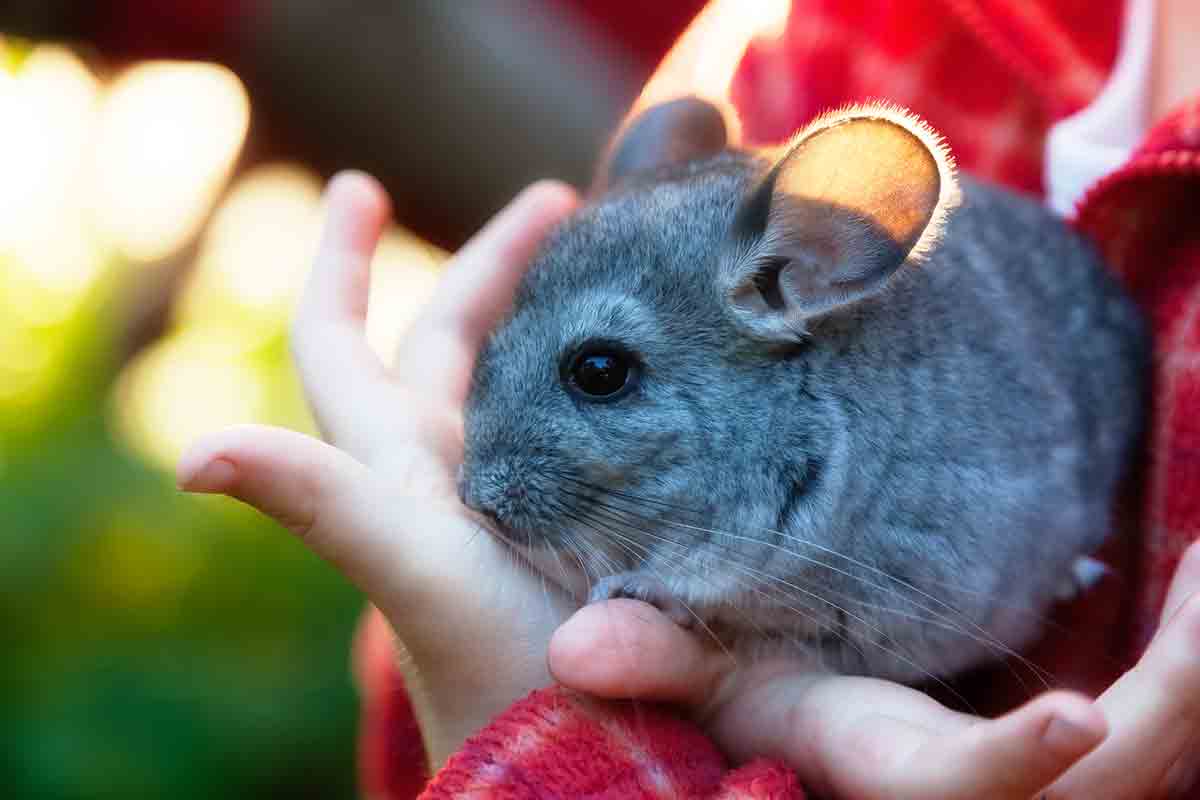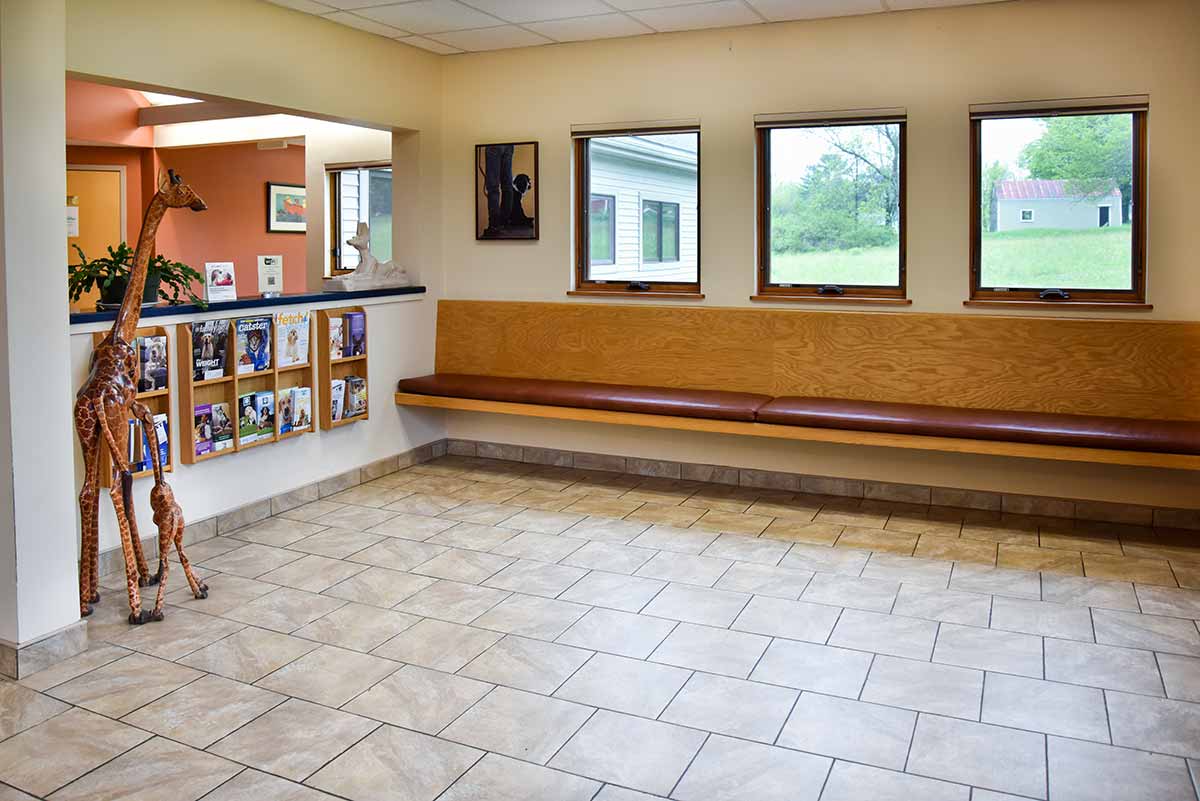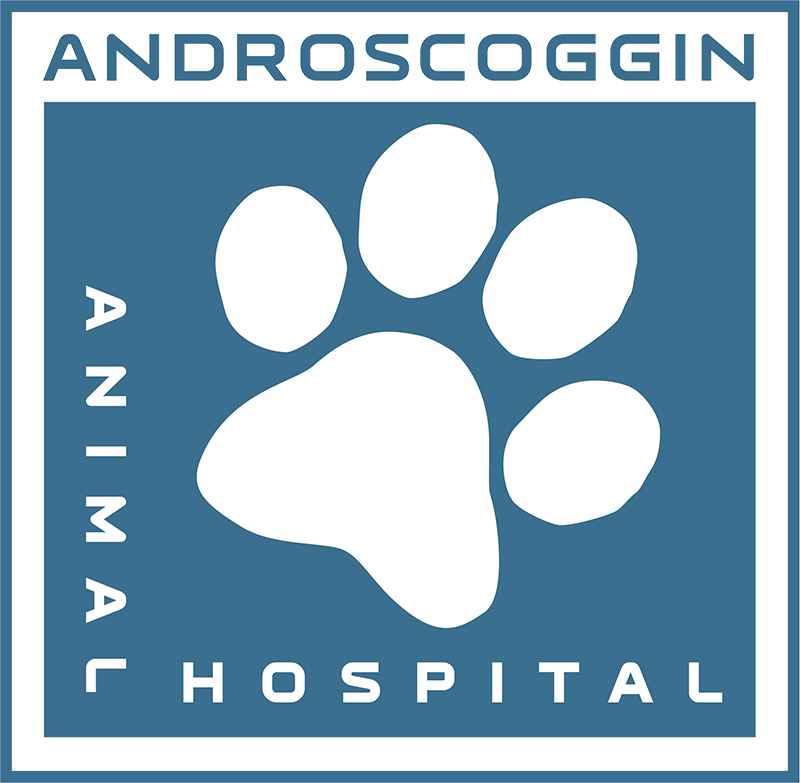Topsham, ME
Pocket Pets
At Androscoggin Animal Hospital in Topsham, ME, we understand that pocket pets, such as hamsters, guinea pigs, and rabbits, require specialized care. Our dedicated team is committed to providing comprehensive pocket pet care tailored to the unique needs of these small companions.
WE LOVE POCKET PETS!
Pocket pets tend to have an average life span of two to eight years and, as a result, often don’t require as much veterinary care as larger animals. With the exception of ferrets, vaccinations are not needed or required for these pets.
This does not mean that such pets never require veterinary care. An annual visit to a veterinarian for a checkup will allow your pocket pet to be checked for any changes that may affect their health. In addition, you should also bring your pocket pet to a veterinarian as soon as they show any sign of illness. However, pocket pets often mask signs of illness, and visible symptoms usually indicate that the disease has reached an advanced stage where delaying medical attention can be fatal.
We welcome avian and pocket pets, including:
- Rabbits
- Ferrets
- Guinea pigs
- Hamsters
- Rats
- Chinchillas
- Hedgehogs
- Rabbits
- Ferrets
- Guinea pigs
- Hamsters
- Rats
- Chinchillas
- Hedgehogs
Under the expert guidance of our experienced small animal veterinarians, Androscoggin Animal Hospital offers full-service medical, surgical, and dental care for small animals. While pocket pets can experience a wide variety of medical problems, the most common medical issues include:
- Skin problems
- Dental problems
- Tumors
- Ticks
- Skin problems
- Dental problems
- Tumors
- Ticks


You can do a lot to help your pocket pet remain healthy through proper nutrition, keeping them in a clean environment with sufficient room, and providing clean water. The best types of food are high-quality commercial pellets, which provide the nutrients your pocket pet needs to stay healthy. These foods are available in many pet supply stores.
Your pocket pets should have access to drinking water in their cages 24 hours a day. Except for rabbits, where a bowl of water on the cage floor is sufficient, a sipper bottle that hangs on the side of the cage is recommended for other types of pocket pets, as it is a more sanitary alternative.

